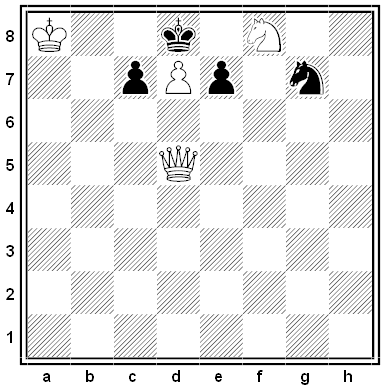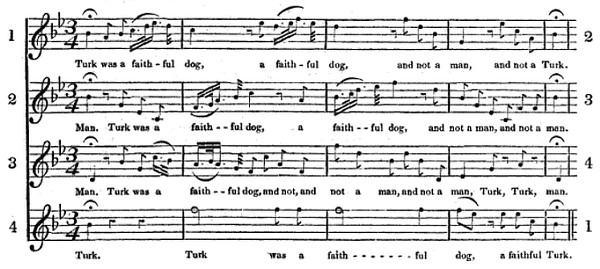The epilogue of The Time Machine contains this strange passage:
One cannot choose but wonder. Will he ever return? It may be that he swept back into the past, and fell among the blood-drinking, hairy savages of the Age of Unpolished Stone; into the abysses of the Cretaceous Sea; or among the grotesque saurians, the huge reptilian brutes of the Jurassic times. He may even now — if I may use the phrase — be wandering on some plesiosaurus-haunted Oolitic coral reef, or beside the lonely saline lakes of the Triassic Age.
What indeed can “now” mean in this context? If the Time Traveller’s life ended on a prehistoric beach, argues philosopher Donald C. Williams, then surely this became an established fact on the day that it happened. If the concept of time is to have any coherence, then history is a tapestry that is eternal and unchanging; to say that it can be changed “at” some future moment seems to be a flat contradiction. “At” where?
“Time travel,” Williams writes, “is analyzable either as the banality that at each different moment we occupy a different moment from the one we occupied before, or the contradiction that at each different moment we occupy a different moment from the one which we are then occupying — that five minutes from now, for example, I may be a hundred years from now.”
(Donald C. Williams, “The Myth of Passage,” Journal of Philosophy, July 1951.)











